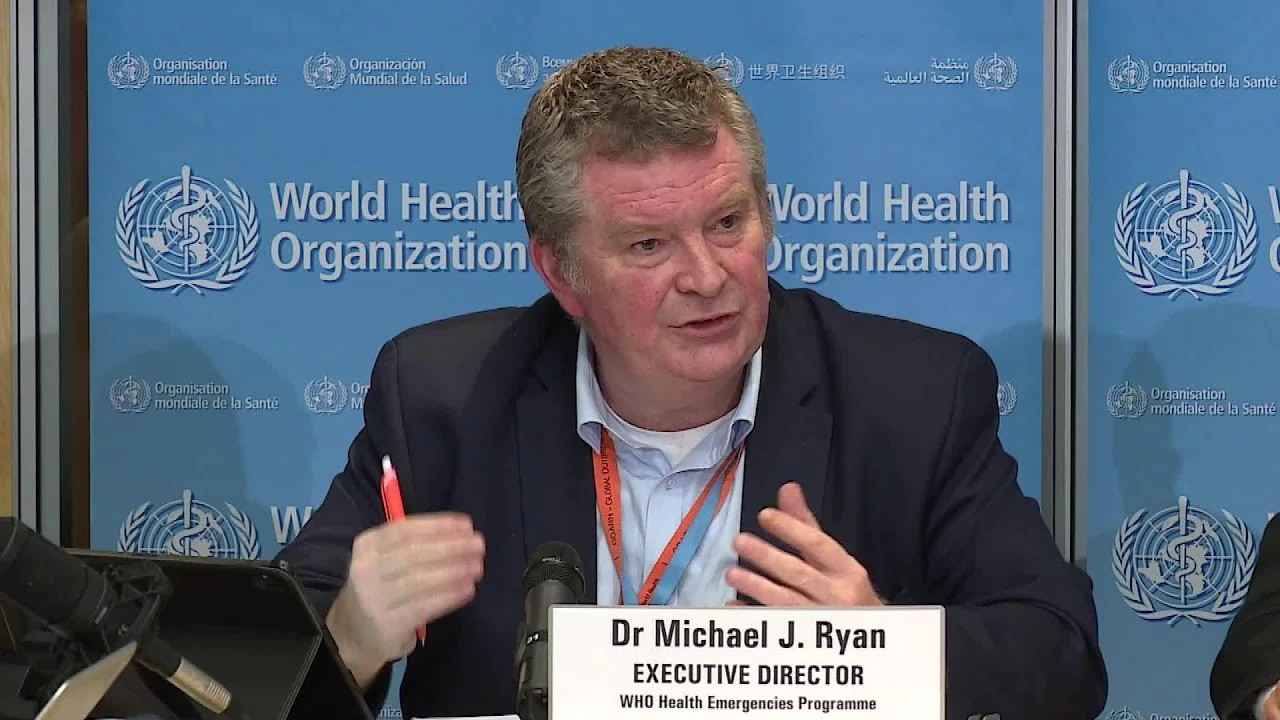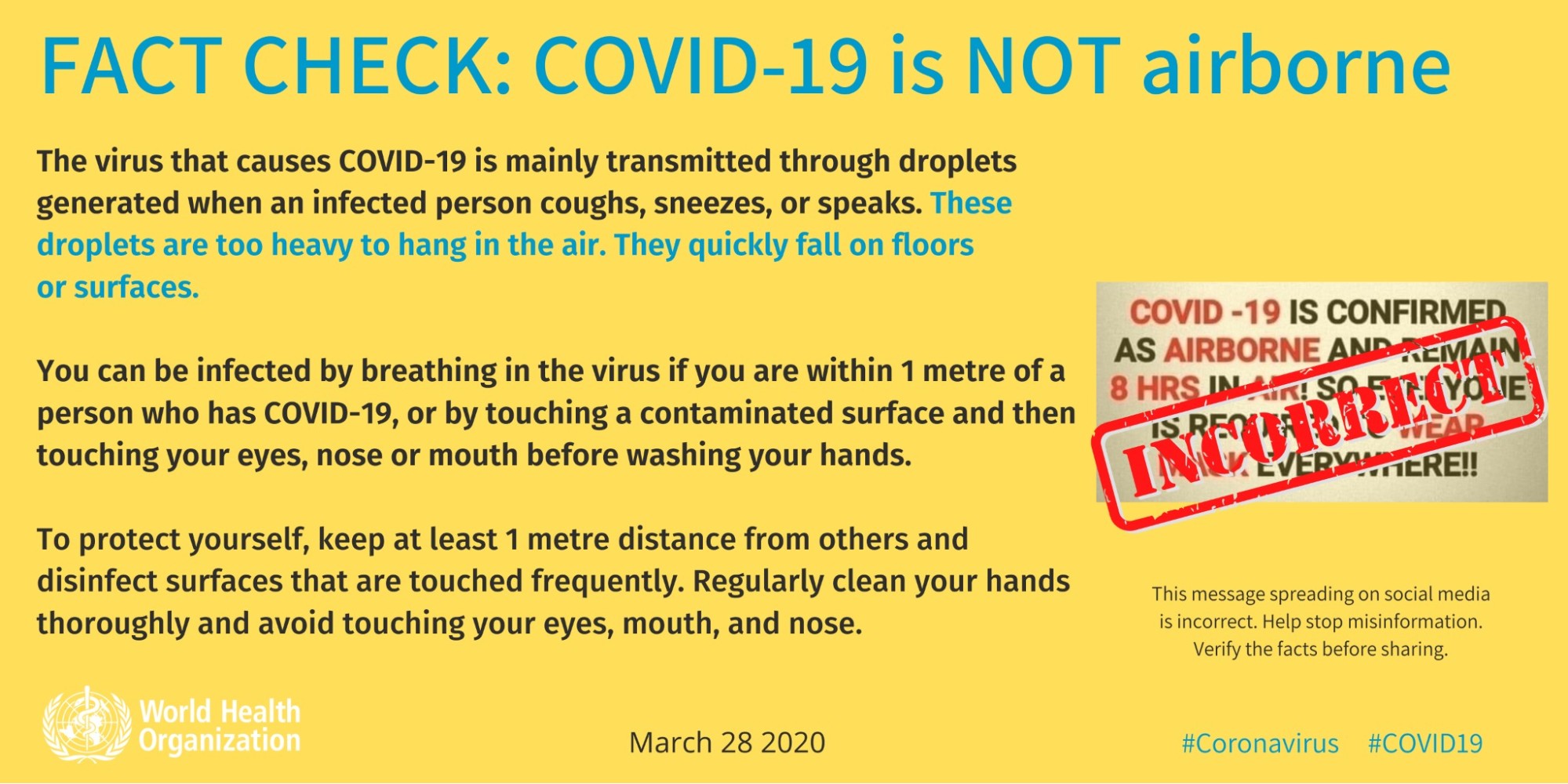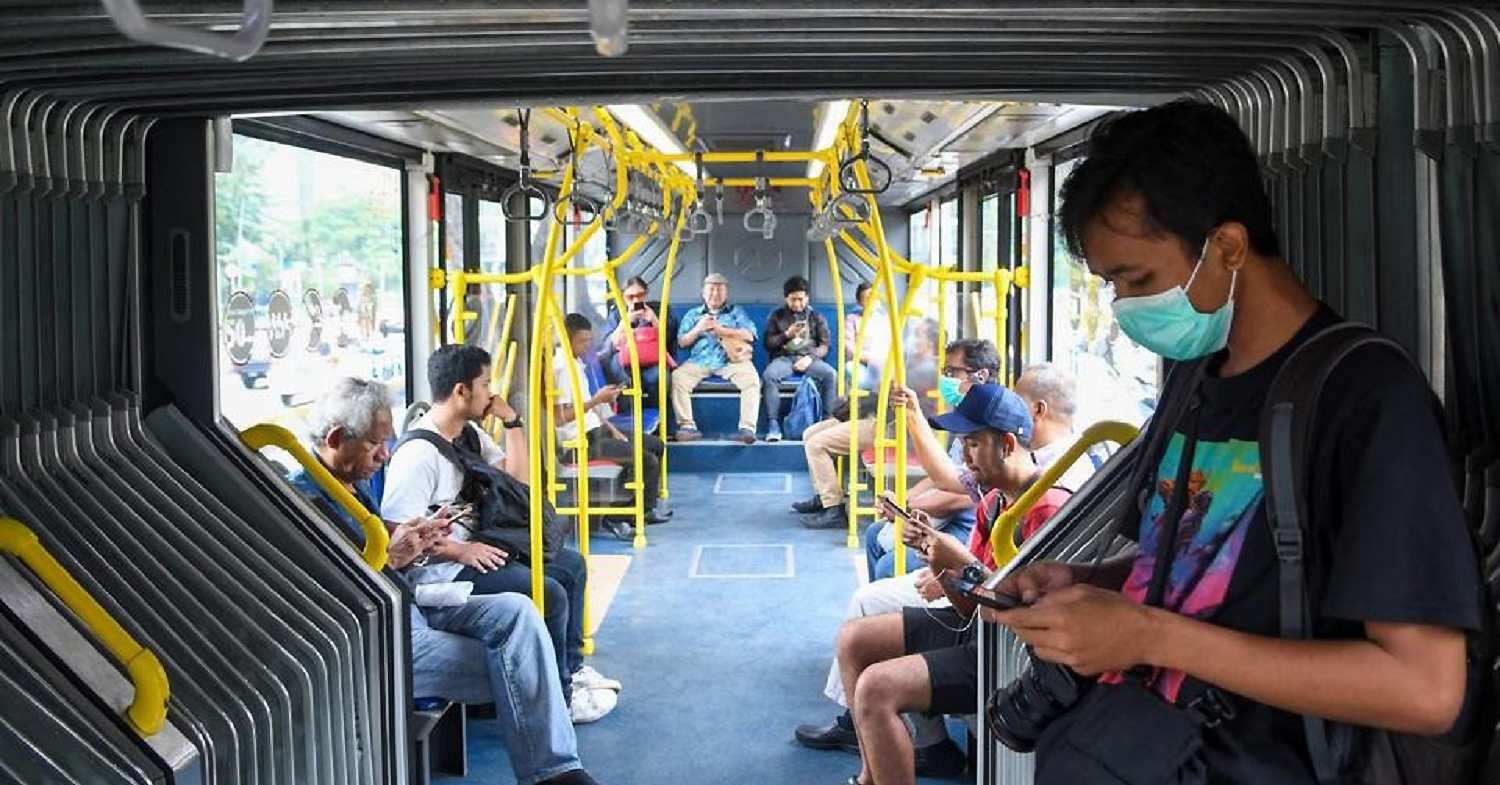Jakarta requires commuters to wear masks on public transport
Following WHO’s new guidelines on wearing masks in public, the Jakarta administration is making it compulsory to wear masks when using public transportation.
The measure comes into effect on Sunday, 12th April. All public transport operators -‒ MRT Jakarta, LRT Jakarta, Transjakarta, and the KRL Commuter Line -‒ will be introducing the new policy to passengers from now until Saturday. Anyone not wearing a mask will not be allowed to enter train stations or bus stops.
The new operational hours of all public transport services are as follows:
– MRT Jakarta: 6AM to 8PM │ maximum of 60 passengers per car
– LRT Jakarta: 6AM to 8PM │ maximum of 30 passengers per car
– Transjakarta: 6AM to 8 PM │ maximum of 60 passengers on articulated buses, 30 passengers on single buses
– KRL Commuter Line: 4AM to 8PM
WHO changes its stance on wearing masks

Image credit: Bloomberg
After initially advising people to only wear masks when they are sick or taking care of at-risk people, the World Health Organization (WHO) has made a U-turn and said that encouraging the public to wear masks may help curb the spread of COVID-19.
This comes amid new findings that an asymptomatic person can transmit the virus to others.
“We can certainly see circumstances on which the use of masks, both home-made and cloth masks, at the community level may help with an overall comprehensive response to this disease,” Dr Michael Ryan, executive director of WHO’s Health Emergencies Programme, said last Friday.

Image adapted from Evoleht’s Crafted Love
Dr Ryan added that surgical masks should still be reserved and prioritized for medical workers. He also stressed that wearing face masks is not a replacement for handwashing, physical distancing, and other measures to protect yourself and others.
COVID-19 does not linger in the air
 Image credit: @WHO
Image credit: @WHO
Despite a study saying that COVID-19 can survive in the air for up to several hours, the WHO has said that the virus is too heavy to float in the air. It can travel about one meter before falling on surfaces.
Keep up to date with the latest developments in the pandemic by visiting the official WHO website or the official Indonesian COVID-19 website.
Also check out:
- An Indonesian comic strip depicting funny self-quarantine scenarios
- 84-year-old Indonesian woman gives out free instant noodles
- Jakarta’s streets before and during quarantine period
Cover image credit: ANTARA Foto/M. Risyal Hidayat
Enjoying The Smart Local Indonesia? Follow us on Facebook, Instagram, and Twitter for more stories like this.
